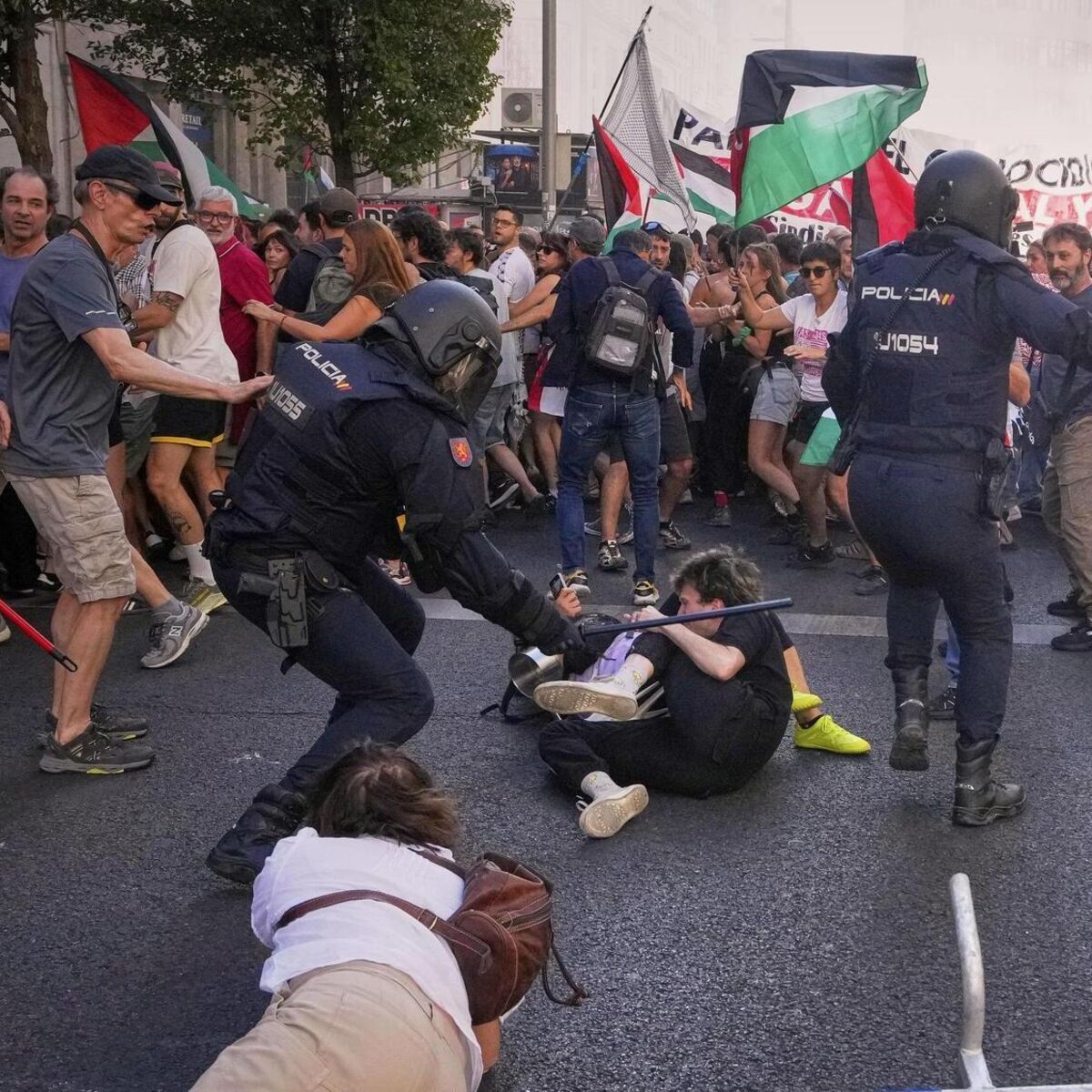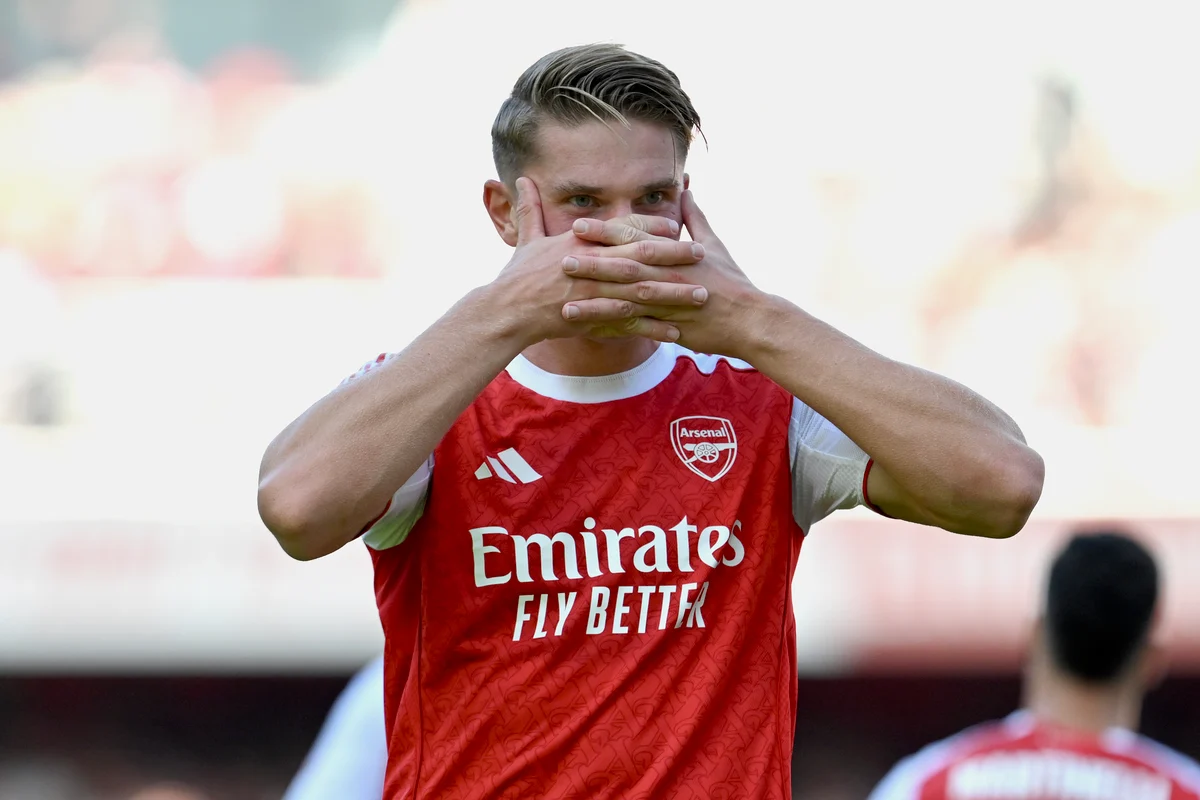By Irishexaminer.com,Jack Anderson
Copyright irishexaminer

Cycling is a snapshot of what is being debated in other sports (and the Eurovision), as the razing of Gaza continues unabashed and unabated.
Ultimately, the question here is of a sport’s ethics and values. It is one now facing the GAA after 800 or so of its leading personalities and players made representations, based on a UN report on the war in Gaza, urging the Association to cancel its sponsorship deal with Allianz.
The GAA has handpassed the matter to its newly established Ethics and Integrity Committee (EIC). The question for the EIC will be whether Allianz’s sponsorship (of national leagues and championships) is now a conflict of interest with the Association’s values.
While we are on conflicts of interests, I was involved in assisting in the establishment of the EIC but am not a member – bit of a commute from Melbourne.
If I was on the EIC, the first thing I’d say is that many sports globally have rejected sponsorships from tobacco and alcohol companies. For sports bodies, the justification here is based clearly on health grounds. It is difficult to juxtapose such sponsorship with the aims and values of a sport, designed around participation in a healthy activity. The GAA is also a leader in Ireland on prohibiting gambling-related sponsorships, something for which it does not get enough credit.
Similarly, sports around the world are also alive to oil, gas, and mining companies, sovereign funds and regimes engaging in sports sponsorship to launder their image (sportswashing).
Sports also seek to avoid taking sponsorship from companies who engage in unethical or discriminatory labour practices either directly or via their supply chains.
But the issue here for the GAA with Allianz is different: it is not whether the sponsor is using the sport to launder its image or sell an unhealthy product off the back of that sport; rather, the question here is whether the sponsor should be rejected because of actions they are engaging in in another sphere of their business, which some within the sport say do not align with its values.
A number of sports globally now have specific policies on ethical sponsorship, which act as a guide on how to evaluate and approve ethical sponsorship arrangements. Usually under these policies, and before a deal is finalised, the sport carries out some due diligence on the sponsor’s ethical record. The sport would then, with a clear idea of its own values, assess and consult upon the integrity risks that might arise from the sponsorship.
Such policies also allow for compliance reviews and, as here, provide a process for when a potential conflict of interest arises.
The drafting of such a policy for the GAA may be something for its EIC to consider. But it is not always easy to get the balance right. If a policy is too broad, it is meaningless; if it is too tight, it might have unintended consequences. Say for example the GAA develops a policy that says it will only accept sponsorship from companies that do not conflict with the promotion of a healthy, community-active, socially responsible lifestyle. Would sponsorship from a fast-food company be acceptable? From a global social media company? From a cryptocurrency company?
There is also a pragmatic element to all of this. Local sponsors of a GAA club team are usually paying for their name on a club jersey for altruistic reasons. The reality is that corporate sponsorships are, in contrast, wholly transactional. The corporate world places a price on sport’s values. There is a reason that after the crash and the bailouts, our banks returned quickly to sponsoring our sports (with our money). And yet, corporate sponsorship is vital to the sustainability of all sports. A clear policy strikes the right balance between virtue signalling and values alignment.
The GAA does not have such an ethical sponsorship policy in place yet so returning to the Allianz conundrum, its EIC will have to consider the following questions:
First, what exactly is the conduct by the sponsor that is raising ethical and moral concern? Allianz has been named in a report by the UN special rapporteur on human rights in the occupied Palestinian territories as a global corporation that should be held accountable for “profiting from genocide”. The UN report says that Israel has in part paid for the conflict in Gaza – one which another recent UN report has said is being carried out with genocidal intent – by selling treasury bonds. If international financing did not buy such bonds, Israel would struggle to underwrite its spending. The old adage applies; even unjust wars can be hard to stop but unprofitable wars are quick to end.
According to the UN report, a major buyer of such bonds is an asset management firm called Pimco which is owned by a German-based financial services company: Allianz.
Second, although the GAA is under no legal duty to act (that may change with the Occupied Territories Bill), the EIC must ask if Allianz’s conduct is at odds with the GAA’s values and integrity? The GAA’s values in as much as one can discern from its Official Guide, are (understandably) inward looking: anti-sectarian, promotion of the Irish language and games, community oriented, 32-counties etc. But an organisation’s values are not just what is officially written. They are the universal values of human rights and sport as set against community expectations. Given Irish society’s views on Palestine it is hard to see how any case for continuing with the sponsorship can be currently justified by the GAA to its wider membership.
Third, what is Allianz’s response? From statements it appears to be that Allianz is a global entity of which Allianz Ireland is a discrete entity and a long-standing sponsor of community sport in Ireland. Yes, Allianz Ireland sponsors a sport but according to the UN report another Allianz subsidiary, Pimco is, in part, sponsoring a war.
Allianz has also said that it abides by strict legal obligations and is guided by its ESG policy (environment, sustainability, governance: what used to be called corporate social responsibility).
Allianz may well be abiding globally by its legal obligations but the point is that the country whose bonds it is buying is not. As for ESG, the counter is that the only thing that is being sustained is a horrendous conflict in which the total number of deaths – first on October 7 and now, overwhelmingly and disproportionately, in Gaza – equates to a three-quarters full Croke Park.



